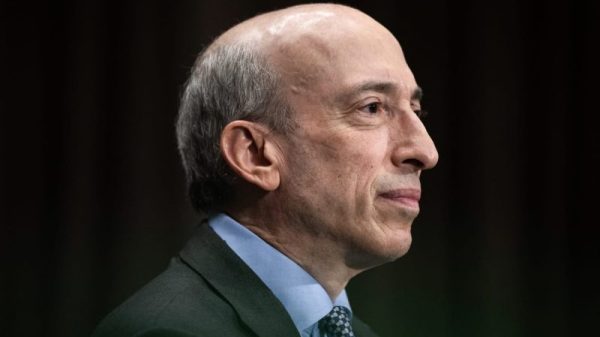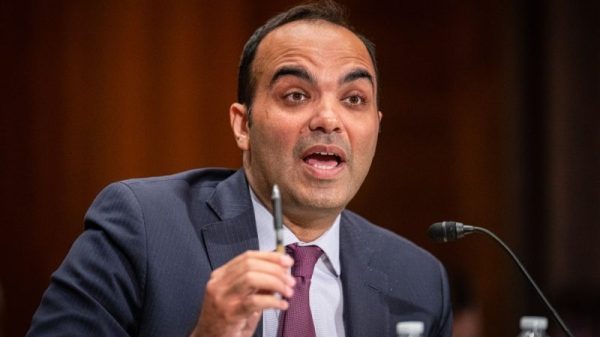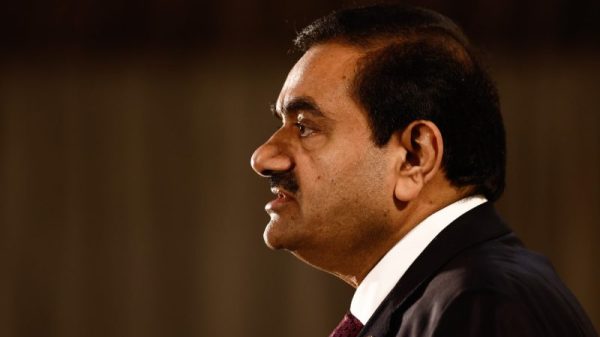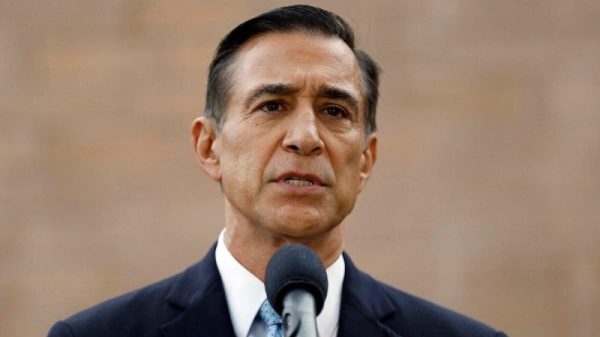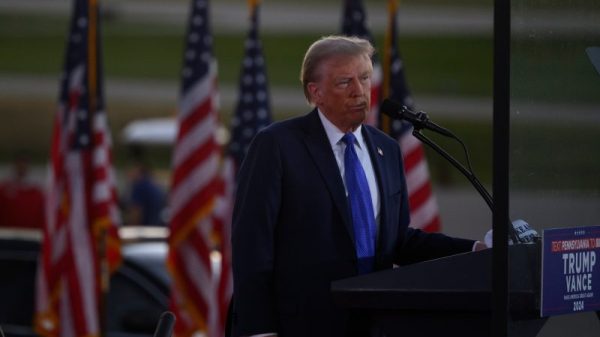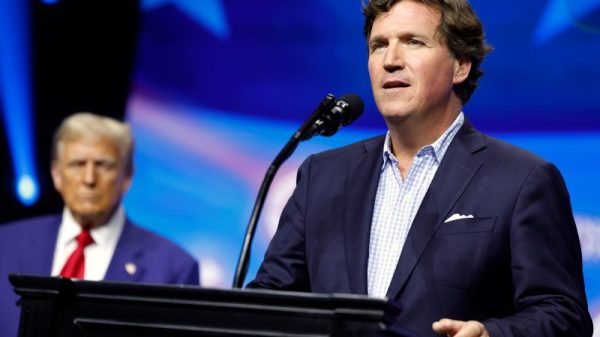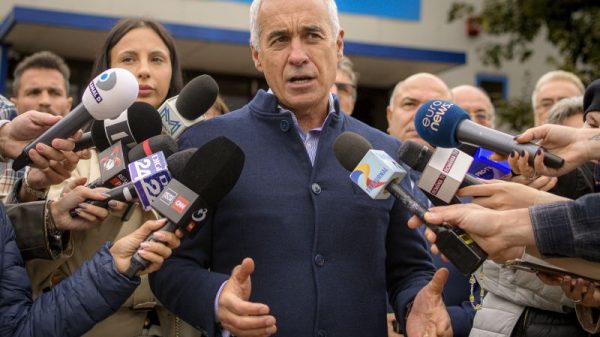Do you have a very wealthy friend who is considering spending gobs of money trying to get elected to political office?
You might want to show them the results of the Maryland Democratic Senate primary on Tuesday — and, of course, this post.
Rep. David Trone (D-Md.) spent $62 million of his own money on the race, only to lose to Prince George’s County Executive Angela D. Alsobrooks by double digits. The current results show Alsobrooks winning 54 percent to 42 percent, with about two-thirds of the vote in.
The amount of money Trone burned through is stunning. According to the Open Secrets compendium of self-funders, Trone, a co-owner of Total Wine & More, spent more of his own money on his Senate primary race than any other candidate in the 21st century (and, almost assuredly, ever).
He spent more than any Senate candidate period — primary and general election — except potentially one. Sen. Rick Scott (R-Fla.) spent $63 million in 2018. We’ll see if Trone’s total winds up beating Scott as he files more campaign finance reports. (Scott, unlike Trone, actually won.)
If there is a silver lining for Trone, though, it’s that the investment could have been worse.
While Trone is likely to have spent about $200 per vote when full results are in, that’s not the worst return on investment for a self-funder this year. And it’s not even the worst return on investment for Trone personally.
One of our favorite election stats is self-funding dollars per vote. And recent elections have featured some doozies. Candidates are spending more and more of their own money not only to lose, but to lose in primaries and to not get that many votes.
While many have pointed to the $1 billion Mike Bloomberg (D) spent on his also-ran presidential campaign in 2020, other presidential candidates have actually fared worse on dollars-per-vote. And at the top of that list — by a country mile — is Doug Burgum (R).
Burgum, the governor of North Dakota, spent about $14 million of his own money to run for president last year, but he dropped out a month before the Iowa caucuses. That means he cobbled together about 500 votes in states where he remained on the ballot. Total cost: nearly $28,000 per vote.
(But hey, he could still parlay his investment into Donald Trump’s choice as running mate or a slot in Trump’s Cabinet. So maybe it’ll have been worth it, after all.)
Also coming in ahead of Bloomberg is fellow 2020 presidential candidate Tom Steyer (D). While Bloomberg spent his billion on about 2.5 million votes (about $427 per vote), Steyer spent more than $340 million on about 260,000 votes (about $1,315 per vote).
Among candidates who have self-funded $10 million or more only to lose a primary this century, those are the three worst returns on investment.
Coming in at fourth place: David Trone … in 2016.
Back then, he spent more than $13 million to take around 35,000 votes in a loss to now-Rep. Jamie Raskin (D-Md.), at a cost of $379 per vote.
After Trone’s 2016 bid comes 2024 GOP presidential candidate Vivek Ramaswamy ($330 per vote), 2022 Senate candidate Alex Lasry of Wisconsin ($317 after withdrawing before the primary), 2004 Senate candidate Blair Hull of Illinois ($213) and 2022 Senate candidate Mike Gibbons of Ohio ($147).
Which means that, depending on the ultimate Maryland vote and campaign finance totals, Trone could soon account for either two of the worst seven returns on investment — or merely two of the worst eight.








